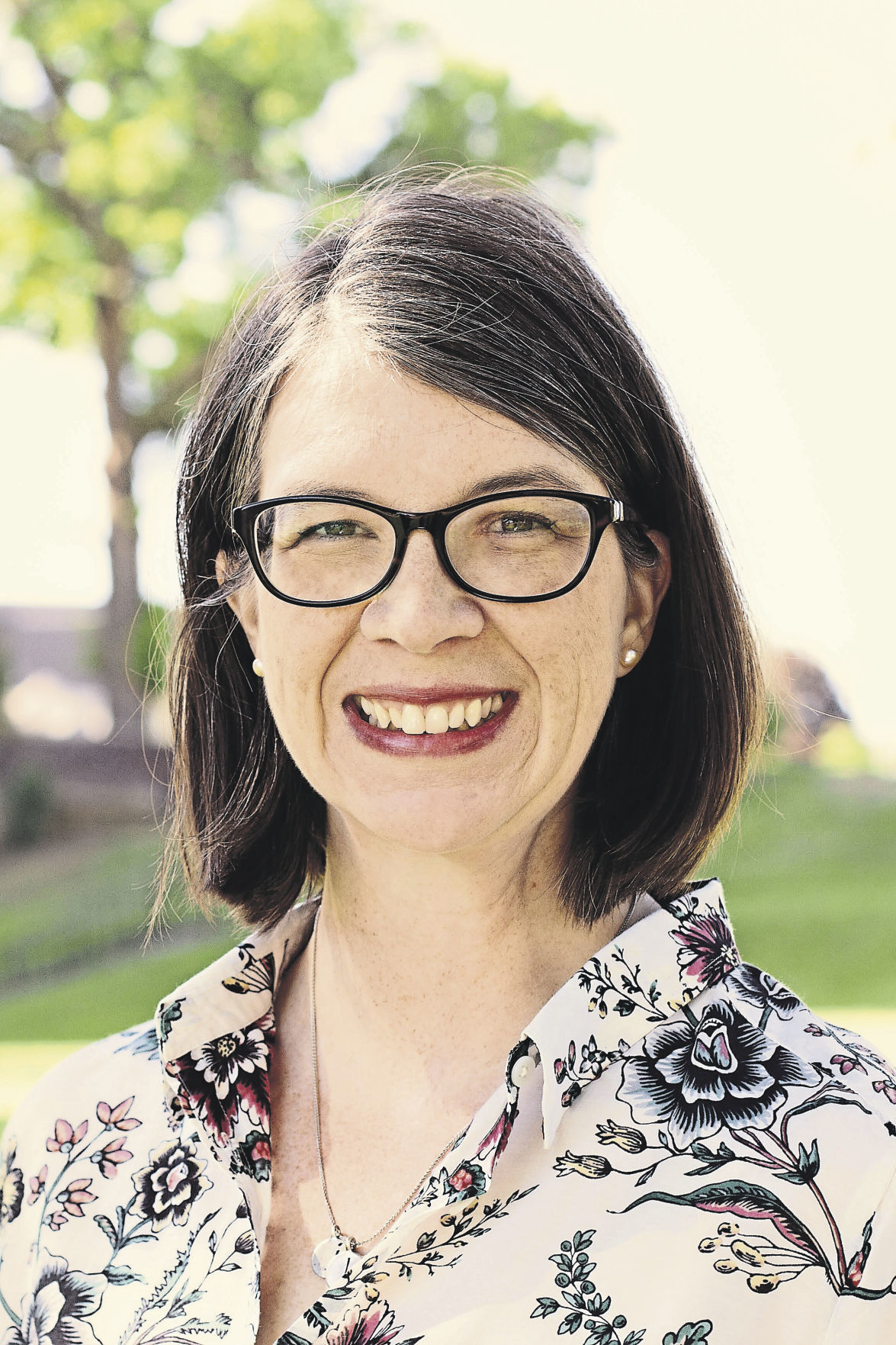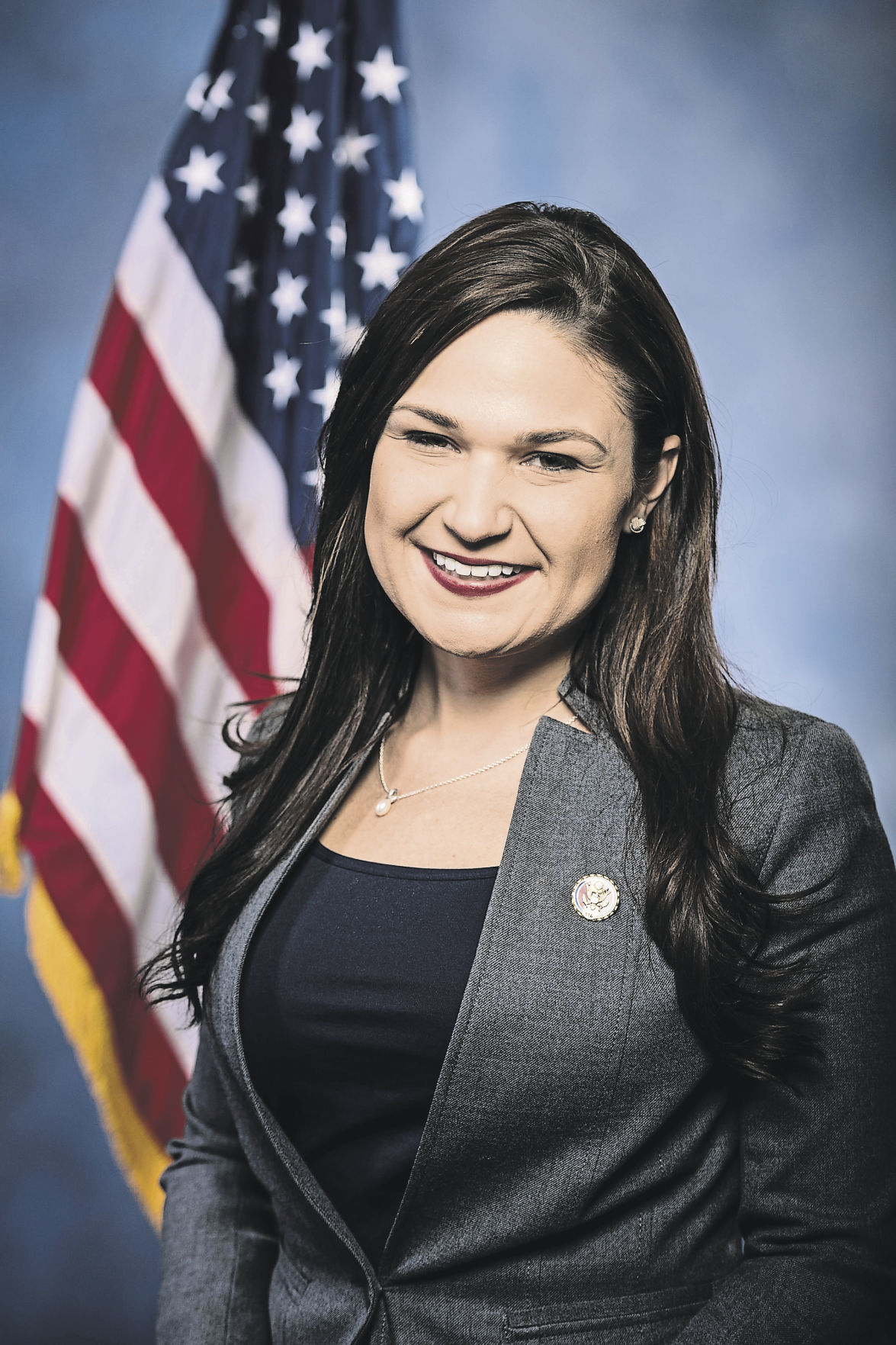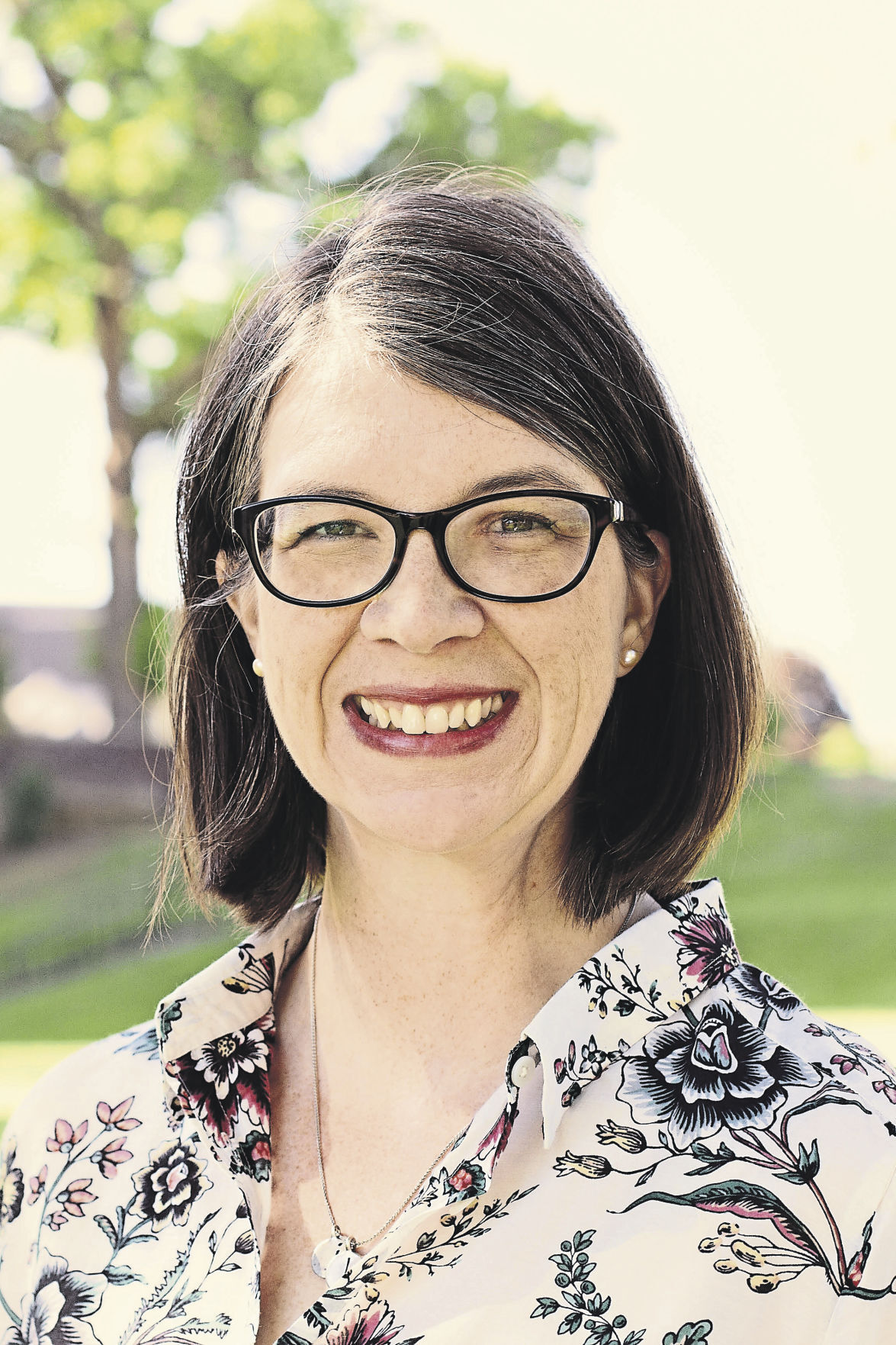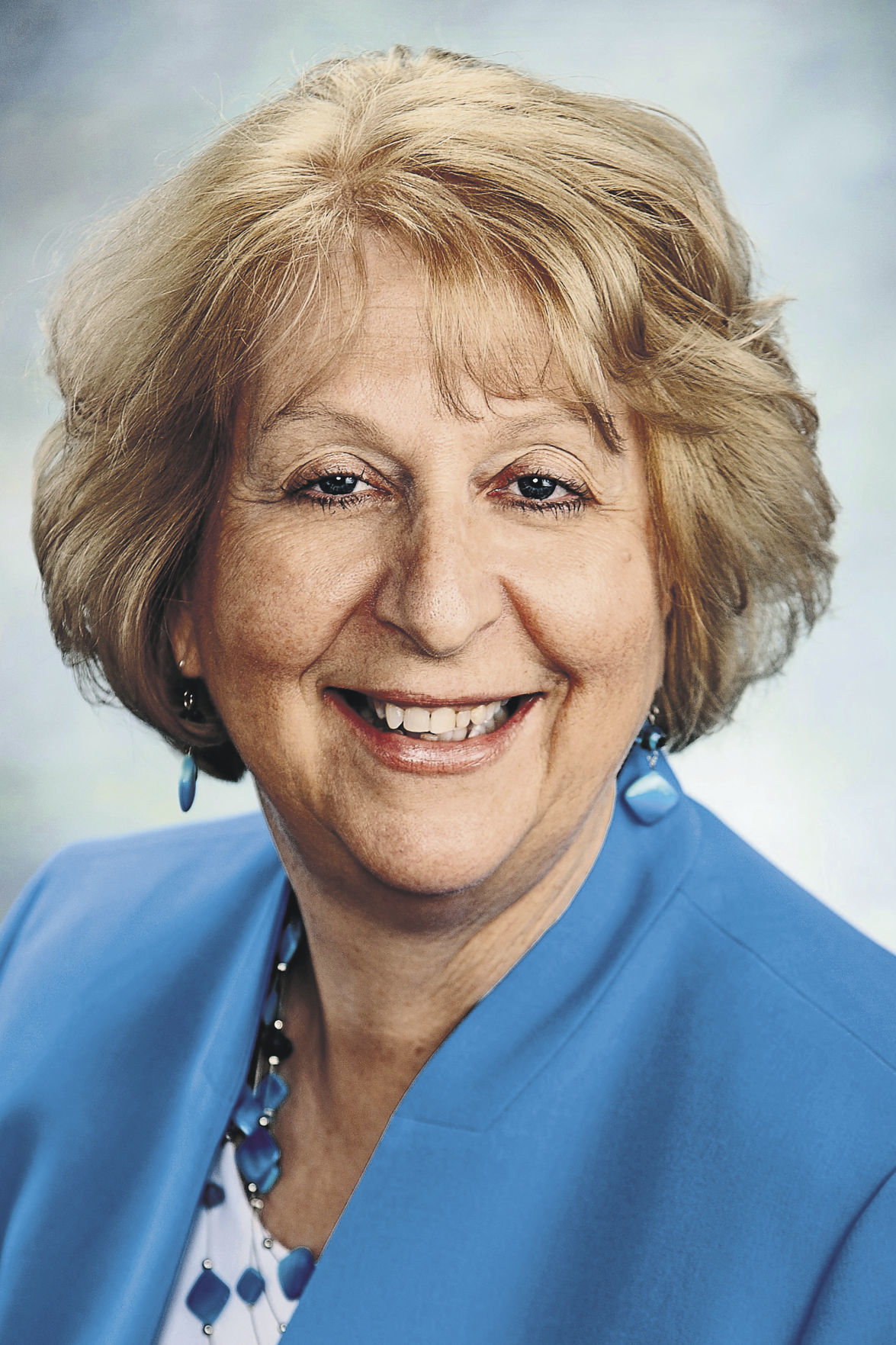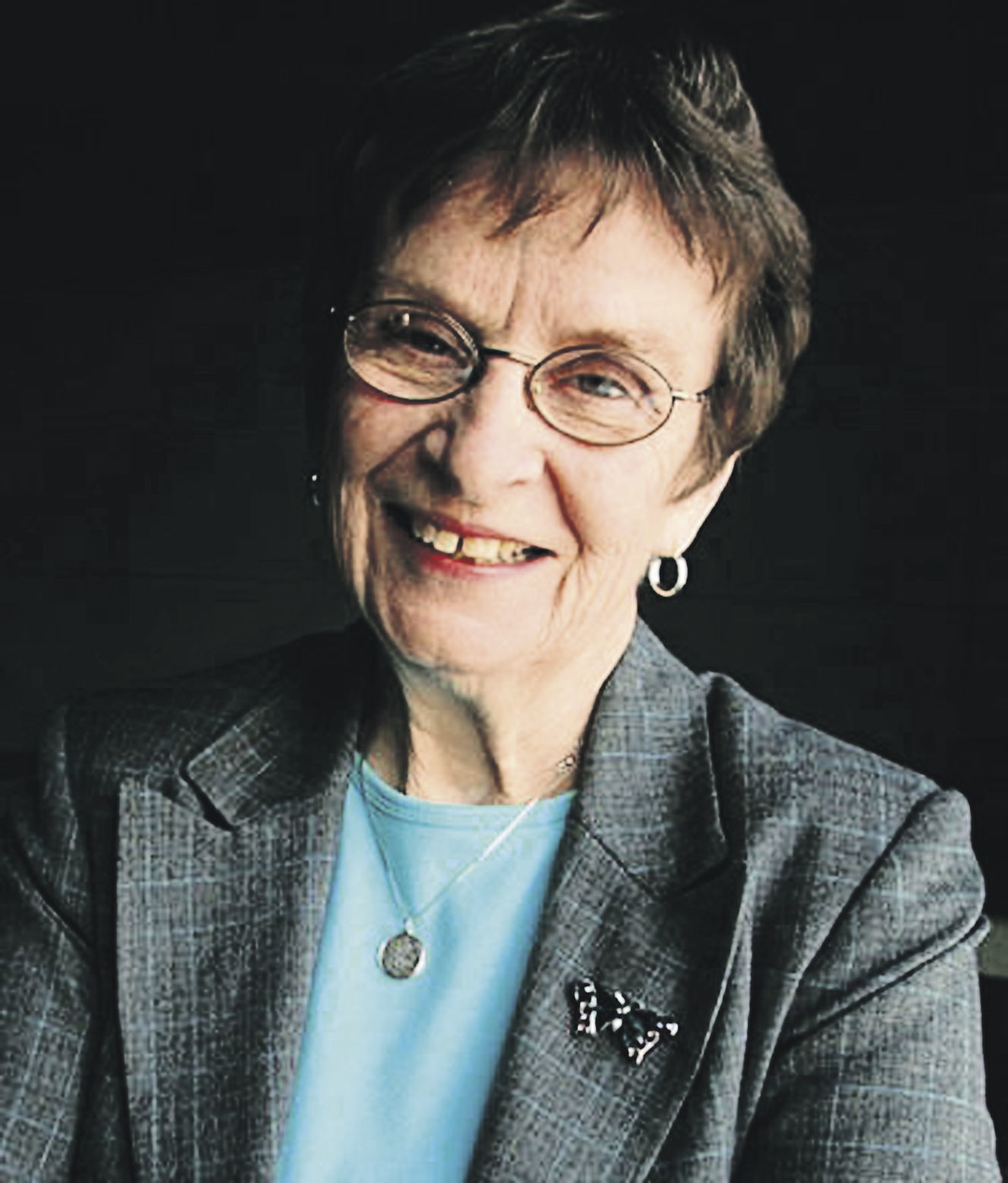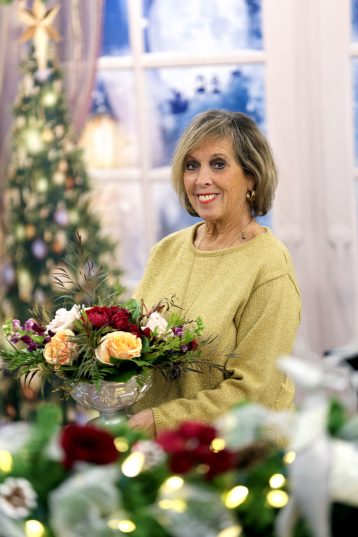Editor’s note: In honor of the 100th anniversary of women’s suffrage, the Telegraph Herald will be publishing a series of articles about how the groundbreaking 19th Amendment impacted the tri-states, as well as some of the key residents involved. This is the fifth and final part of our series.
On Jan. 6, Laura Roussell was sworn into her first term on the Dubuque City Council.
That evening, Mayor Roy Buol proclaimed 2020 as a year of commemoration in honor of the 100th anniversary of the passage of the 19th amendment.
“It seemed so amazing that I could be at the table for that presentation,” Roussell said.
Since 1977, there have been several women at the City Council table.
“The most recent all-male council was a short window from May 1988 to September 1990,” said city clerk Kevin Firnstahl. “We have to go back to 1977 to find an all-male council again.”
The council briefly was all male last year when Council Member Kate Larson moved out of town, until Roussell came on in January.
Roussell, 62, worked for more than three decades at Black Hills Energy. As the senior community affairs manager for the utility, she handled relationships with consumers and business owners in 65 communities.
“I’ve been involved in community service and public service my whole life,” she said. “I see elected office as the highest level you can go into with a goal to make the community a better place, without any personal agenda.”
Roussell’s experience in community relations served as a training ground for her council position.
“I wanted to redirect my energy into my own community, and this was the perfect opportunity,” she said. “I do feel that women bring a unique perspective to any conversation.”
Roussell’s mother instilled in her that giving back to the community was an obligation.
“It sounds kind of cliché, but my mom taught me to give back,” she said. “I was a Girl Scout all through high school, and that taught me to get engaged with my community.”
Other area women also were inspired at a young age to join politics.
Politics over dinner
Rep. Abby Finkenauer, the second youngest woman elected to the U.S. House of Representatives, said Saturday night dinners with her extended family at the home of her grandfather, Ron Kann, set the stage for her interest in politics.
“After dinner, I would sit with my grandfather, who was a former firefighter and a Democrat, and an uncle who was a small-business owner and a Democrat and another uncle who was a Republican and a lawyer,” she said.
Finkenauer, 31, said those conversations were some of her first experiences talking about current events.
“At age 10, I would be sitting there having conversations about what was happening in the world,” she said. “And I remember learning at that age — because my grandfather involved me, and my uncles involved me — that even though I was a young girl, I had every right to a seat at the table.”
Finkenauer, who worked as a page in the U.S. House and the Iowa House in her teens, said a milestone moment crystalized her intent to serve the people.
“I was there when the Iowa House added sexual orientation to the Iowa Civil Rights Act, which led Iowa to be one of the first states in the country to legalize same sex marriage,” she said. “I was 18, I saw that happen. I knew that this is a place where you could fight for justice and make an impact in your community. And that’s something you don’t forget.”
Friends, parents inspire
Kate Parks, 44, is a member of the school board for Dubuque Community School District. An associate professor of sociology at Loras College, she was encouraged by friends to run.
Encouragement from her parents earlier flamed her passion for education and reform.
“Both my parents really pushed me to be independent and make decisions and to be fair,” she said. “So I think I learned quite a bit from their examples.”
Parks said her maternal grandparents also opened her eyes to diversity, which influenced her doctoral dissertation on issues of race and racism.
“My grandparents would open up their house for international students who went to the community college,” she said. “When I was growing up, there were farmers from Iran living with them, or someone from Kuwait. They were going to give what they could, and I think that set a really good example for me.”
“There were some strong women in my life who kept asking me to run,” she said. “That planted a kernel of interest.”
Parks cited Iowa Rep. Lindsey James as one of those strong women.
“She’s a huge inspiration for me,” Parks said. “I got to know her pretty well, and she asked me to consider running for office at the local level.”
All three women mentioned Iowa senator Pam Jochum as a big influence. Jochum, a Dubuque native who has served in the Iowa Legislature since 1993, is the state senator for the 50th District.
The first time Finkenauer’s name was on a ballot, she was reminded of the women’s suffrage movement. As she walked home from the polls, she passed by the home of her great-grandmother, Agnes Kieler.
“She was born in 1906, before women had the right to vote,” she said. “And I had just voted with my name on the ballot. I’m sure she couldn’t have imagined, growing up in a time when women didn’t have the right to vote, that her great-granddaughter would be able to have her name on the ballot.”

